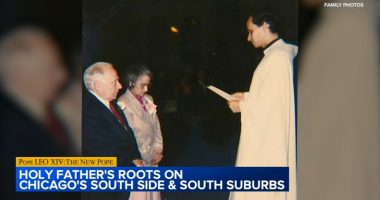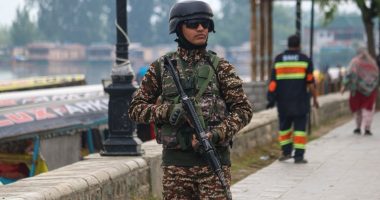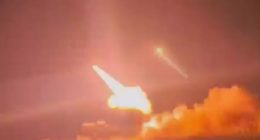Share this @internewscast.com

Federal investigators are detailing the final moments of a last month’s plane crash in upstate New York that took the lives of a Massachusetts family traveling to the Catskills for a birthday celebration and the Passover holiday.
The April 12 crash in Copake, New York, claimed the lives of Karenna Groff, a former MIT soccer player honored as the 2022 NCAA woman of the year; her physician parents, Dr. Michael Groff and Dr. Joy Saini; her brother, Jared Groff, and his partner, Alexia Couyutas Duarte; along with Karenna Groff’s boyfriend, James Santoro.
The National Transportation Safety Board, in a preliminary report released Friday, stated that the private plane took off from Westchester County Airport in White Plains, New York, at about 11:30 a.m. heading north to Columbia County Airport in Hudson.
Piloted by Michael Groff, the plane had left the Boston suburbs early Saturday morning, picking up Karenna Groff and Santoro in White Plains before making the short trip to the Catskills to celebrate Karenna Goff’s 25th birthday.
But at about 11:57 a.m., Michael Groff informed air traffic control that he’d missed the initial approach to the runway at Columbia County Airport, according to the report.
The controller then gave him new instructions for the landing, which Groff acknowledged a little after 12 p.m.
About a minute later, though, the controller warned Groff the plane was flying at a low altitude, the report states.
The pilot never responded, and, despite multiple warnings, air traffic control received no further radio transmissions from the plane until radar contact was eventually lost.
The Mitsubishi MU-2B-40 crashed in snow covered terrain roughly 10 miles south of the airport.
Investigators didn’t provide an exact cause of the crash in the preliminary report.
But they noted that all major components of the aircraft found within a 150-foot debris field and that no significant weather advisories were in effect in the region at the time of the crash.
NTSB officials have previously said overcast conditions may have impacted the pilot’s visibility and that an initial investigation had not turned up any issues with the aircraft.

















